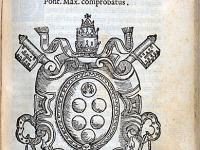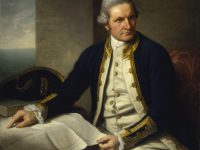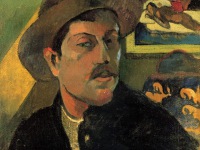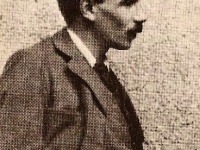Index Librorum Prohibitorum – The List of Banned Books
On June 14, 1966, the Roman Catholic Church abolished their famous list of banned books, the Index Librorum Prohibitorum or shorter simply, the Index, that had been installed almost 500 years ago. Actually, it was soon clear after the invention of the printing press that the written word could also be dangerous, especially if it can be published in large quantities. Once Johannes Gutenberg had presented the printing press including the printing process back in…
Read more











